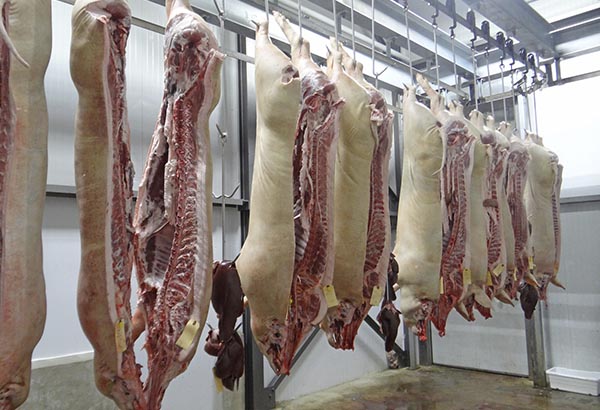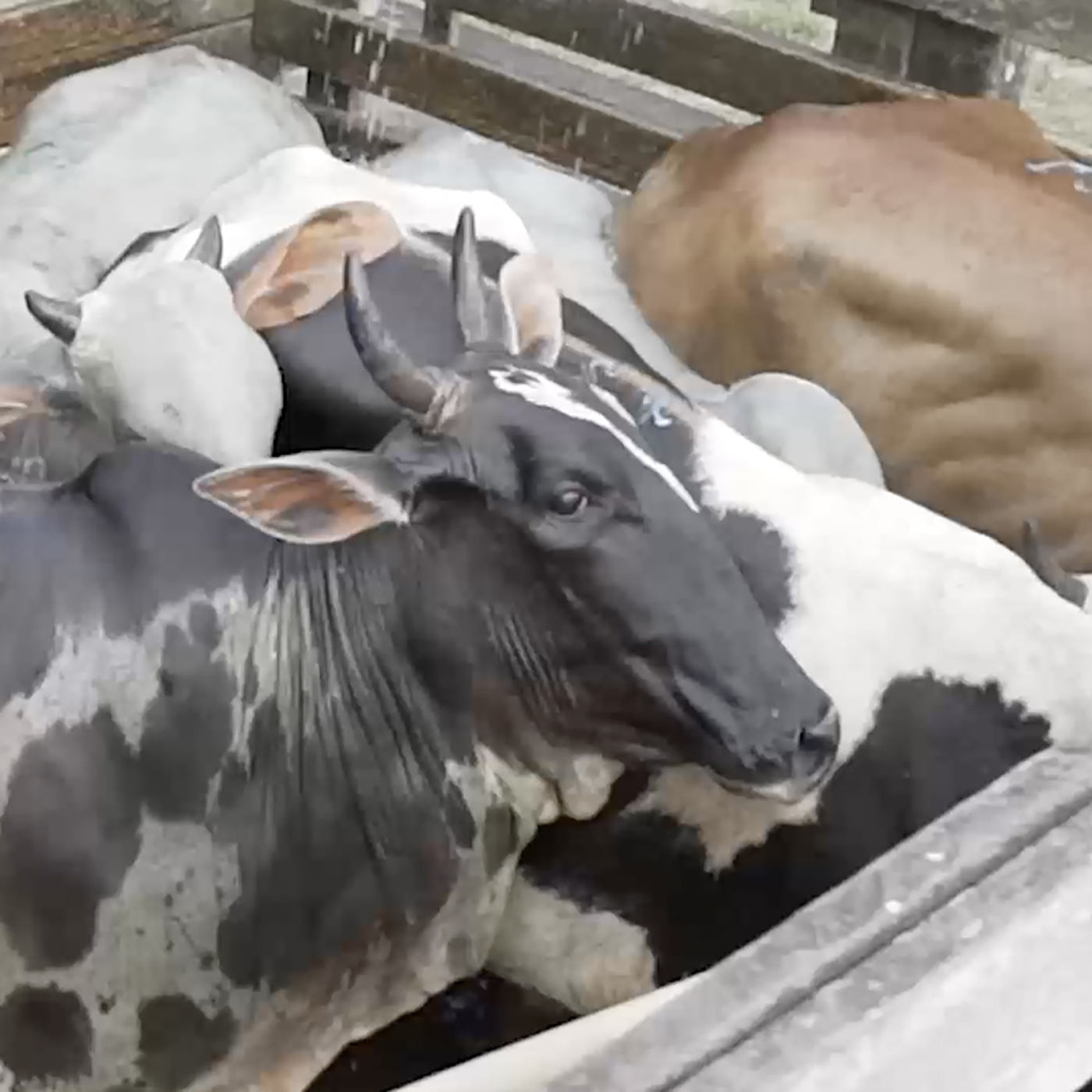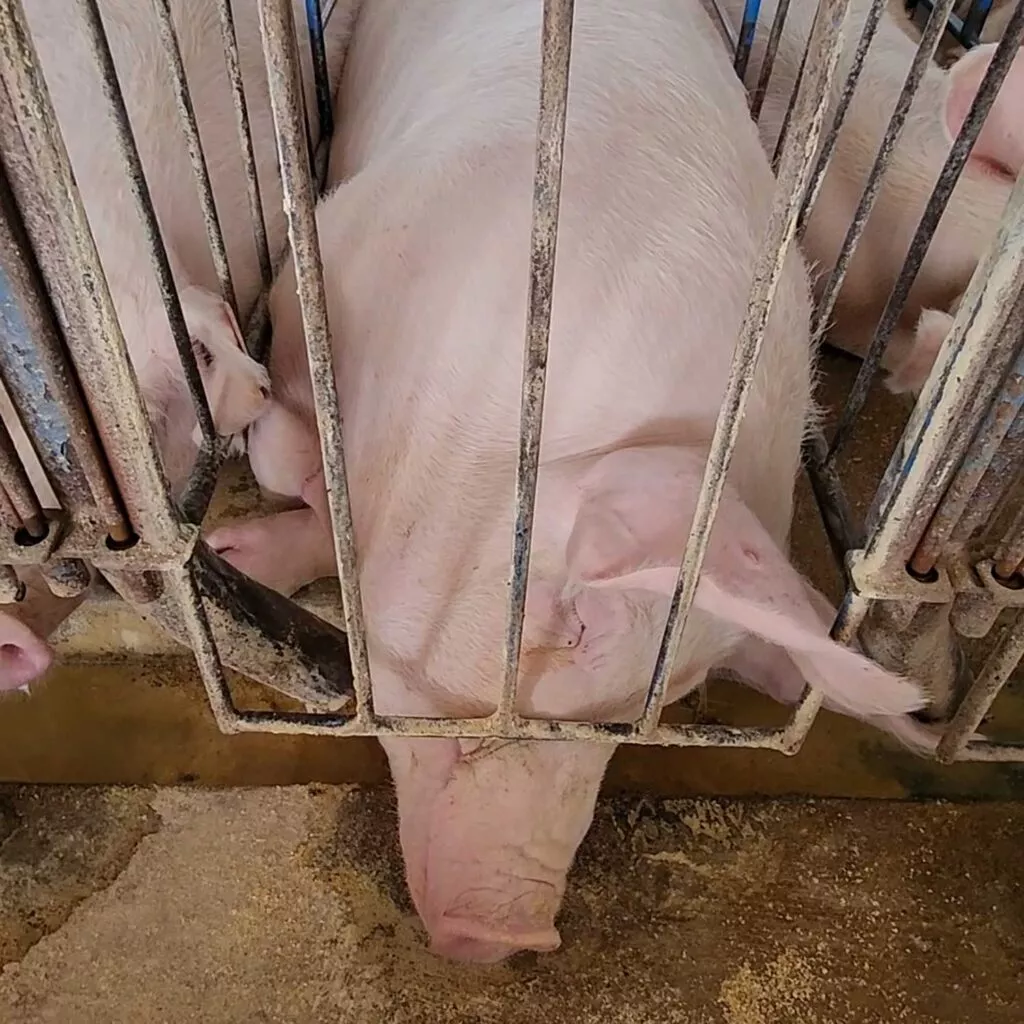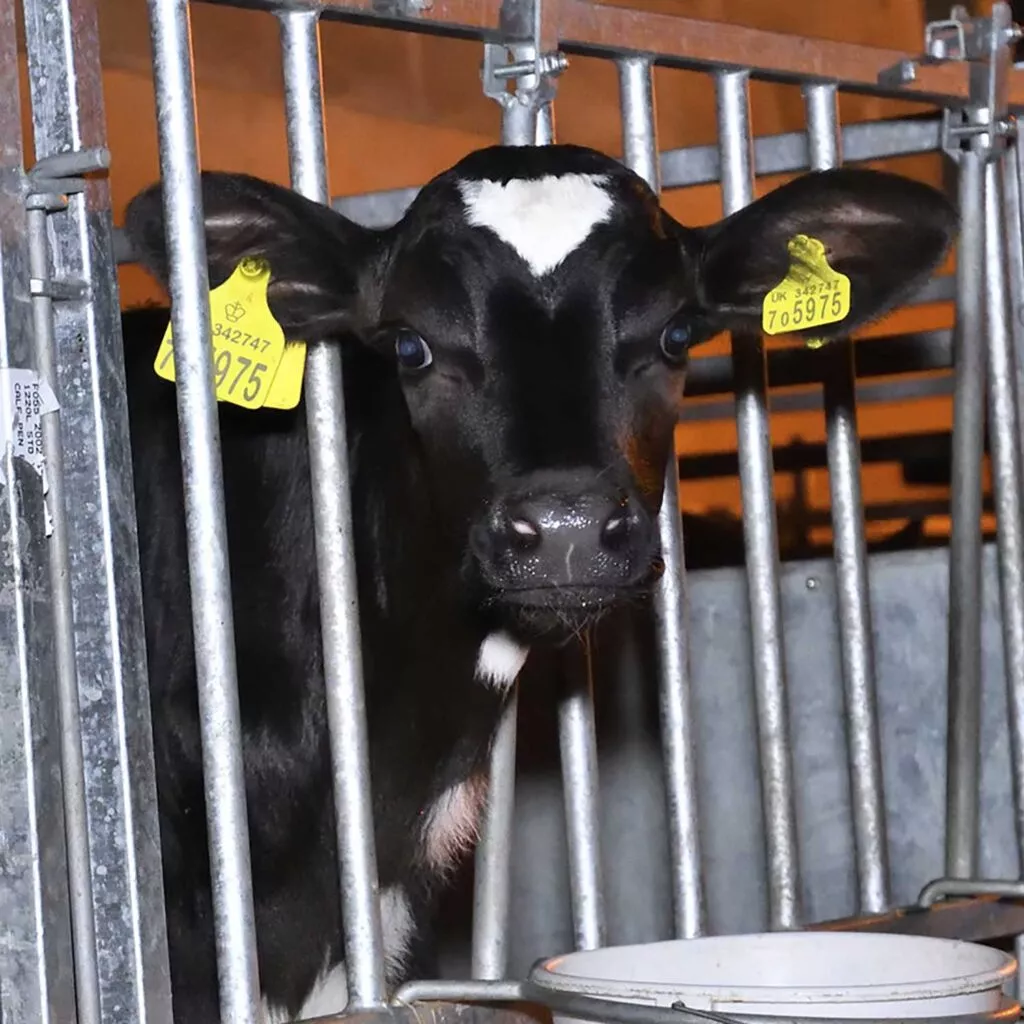

Meat Recalls on the Rise
Because meat is cut, ground up, and molded into different shapes, it can be easy to forget that it’s the decaying flesh of an animal who was once alive. That’s why meat has to be cooked enough to kill off any bacteria. But did you know that eating meat has become increasingly unsafe recently?

MEAT RECALLS HAVE NEARLY DOUBLED SINCE 2013
According to a trade report, the number of meat recalls that could cause serious health problems has increased by 83% since 2013 in the United States. These recalls involve times when E.coli was found in cows’ meat and Salmonella in chicken. There are also many cases of foreign, inedible material, such as plastic or metal, ending up inside processed meat products. The biggest recall of 2019 involved nearly 12 million pounds of Tyson chicken strips when metal shavings were found in the product. These foreign objects can cause broken teeth, oral injuries, or damage to the intestinal tract of those who swallow them.
WHY SO MUCH PLASTIC AND METAL CONTAMINATION?
Reports indicate that meat is becoming contaminated more frequently due to faster-moving production. As the demand for processed meat increases, companies are increasing the speed of the machinery, which can break and contaminate products with pieces of metal or plastic. Employee error can also contribute to the contamination with foreign material, as workers are moving extra fast to keep up and may miss objects falling into the production lines.

There have been increased reports of meat being recalled due to Salmonella and E.coli outbreaks, likely also caused by high demand and ultra-fast processing. Fast-moving slaughter lines and processing make it easier for animal flesh to become contaminated with bacteria that normally live in an animal’s bowels or gut. Some of the meat is tested before it reaches store shelves, but not all of it.
Contamination isn’t the only negative result of fast processing. Because workers move so quickly, many animals are improperly stunned, and their throats are cut while they’re still conscious. Some are scalded to death when they reach the hot water tanks meant to remove their hair or feathers and soften their skin.
Processed meat was classified as carcinogenic to humans (Group 1), based on sufficient evidence in humans that the consumption of processed meat causes colorectal cancer.
IARC Monographs evaluate consumption of red meat and processed meat. World Health Organization
Aside from the risk of the contaminants listed above, processed meat is also a known carcinogen and increases your risk of heart disease and other health problems. By reducing your consumption of animal products, you’re doing something great for your health, animals, and the environment. There’s simply no reason to continue eating meat. Try some delicious plant-based alternatives today on LoveVeg.com
Recommended



